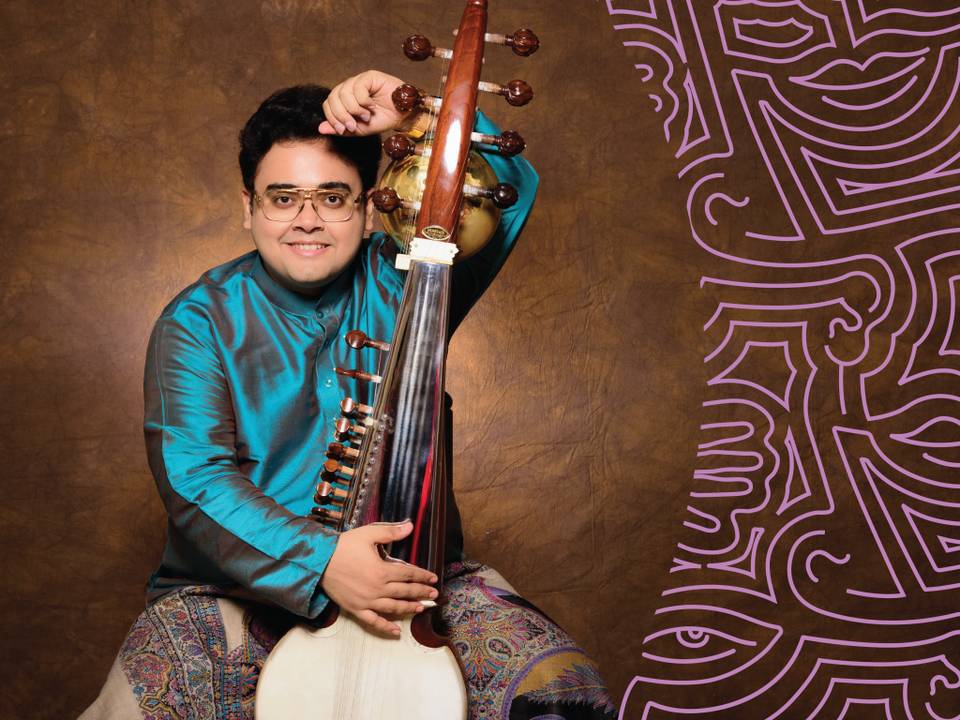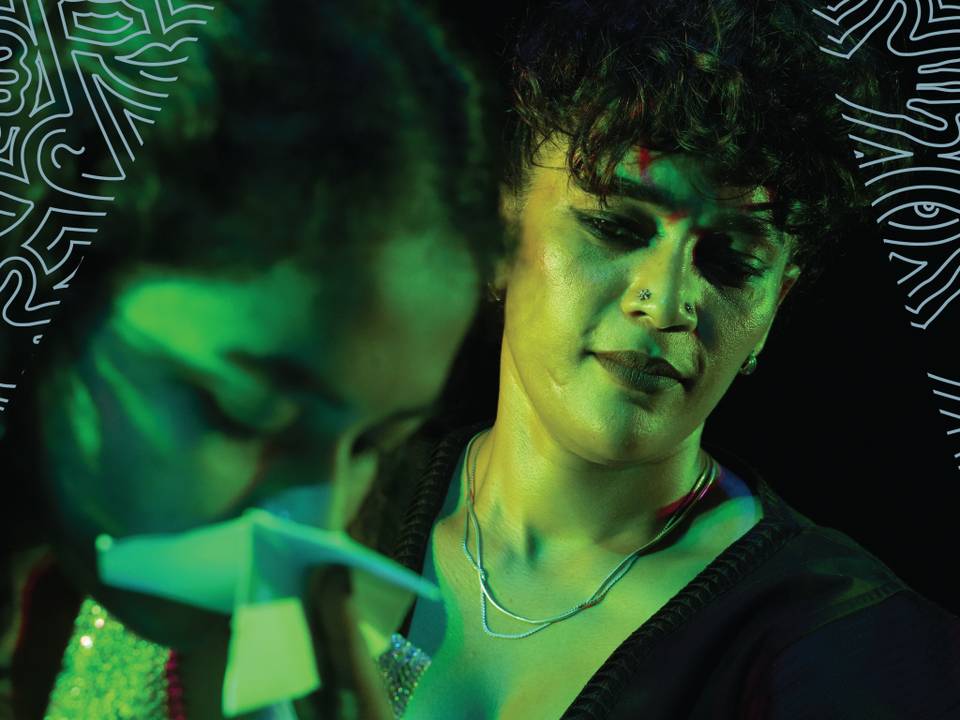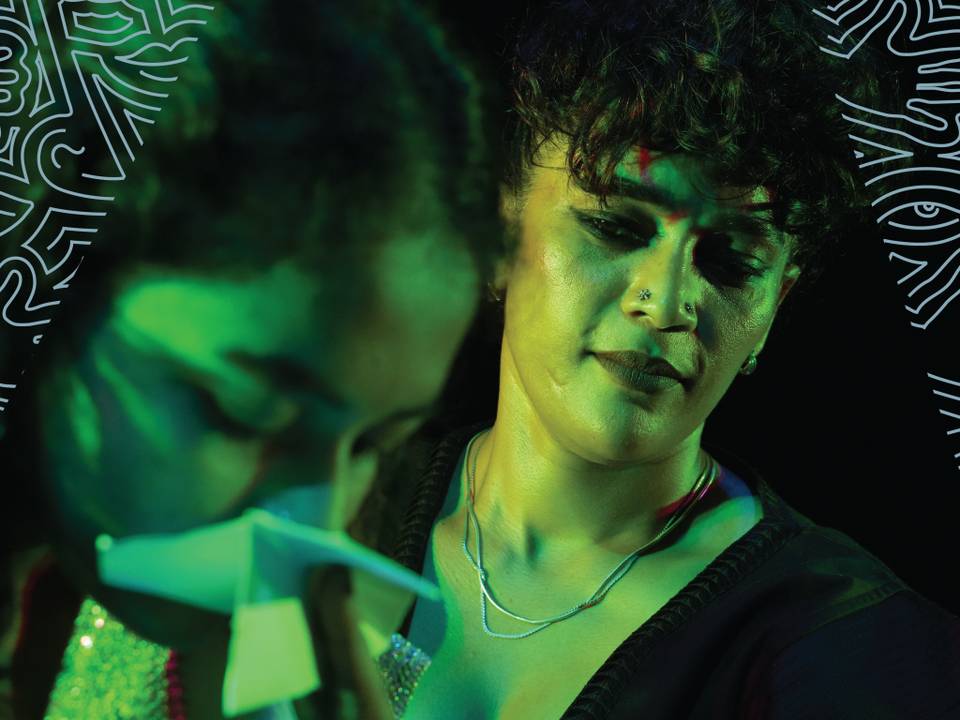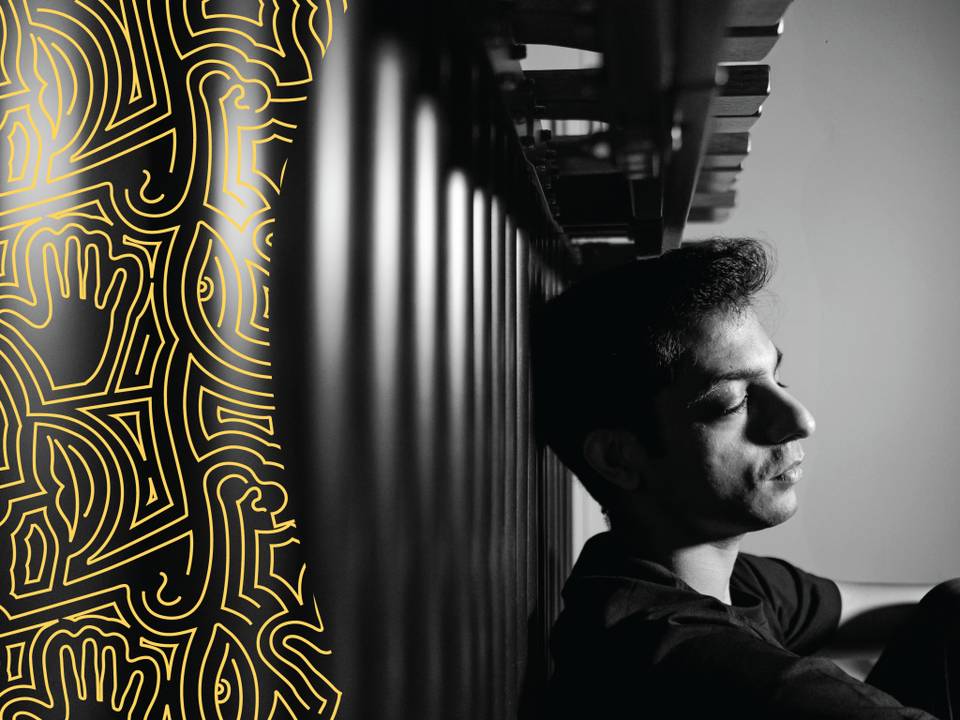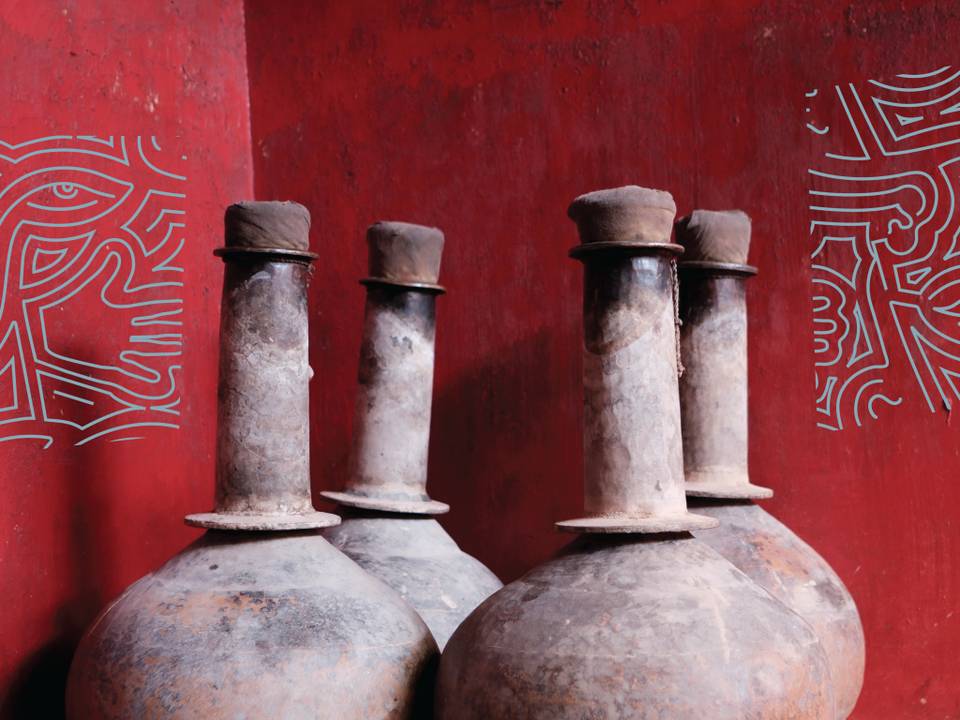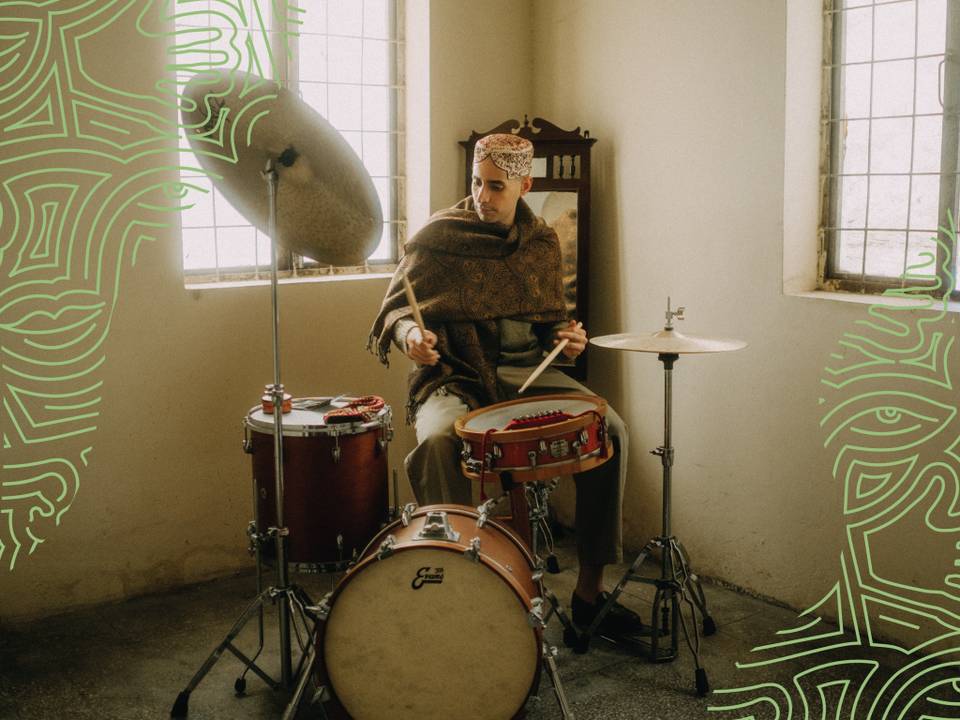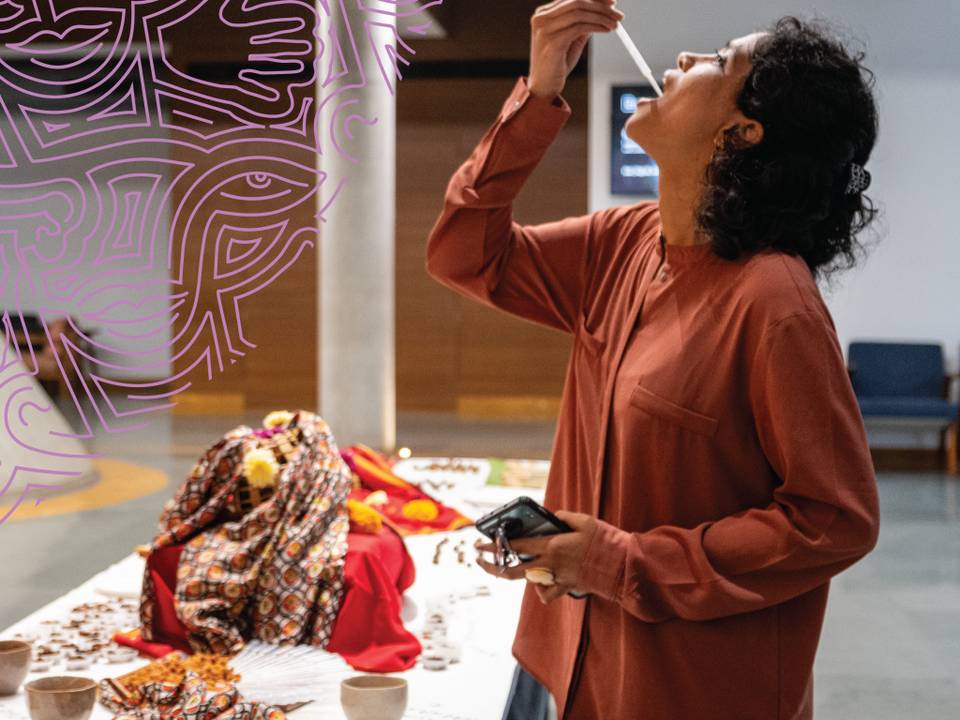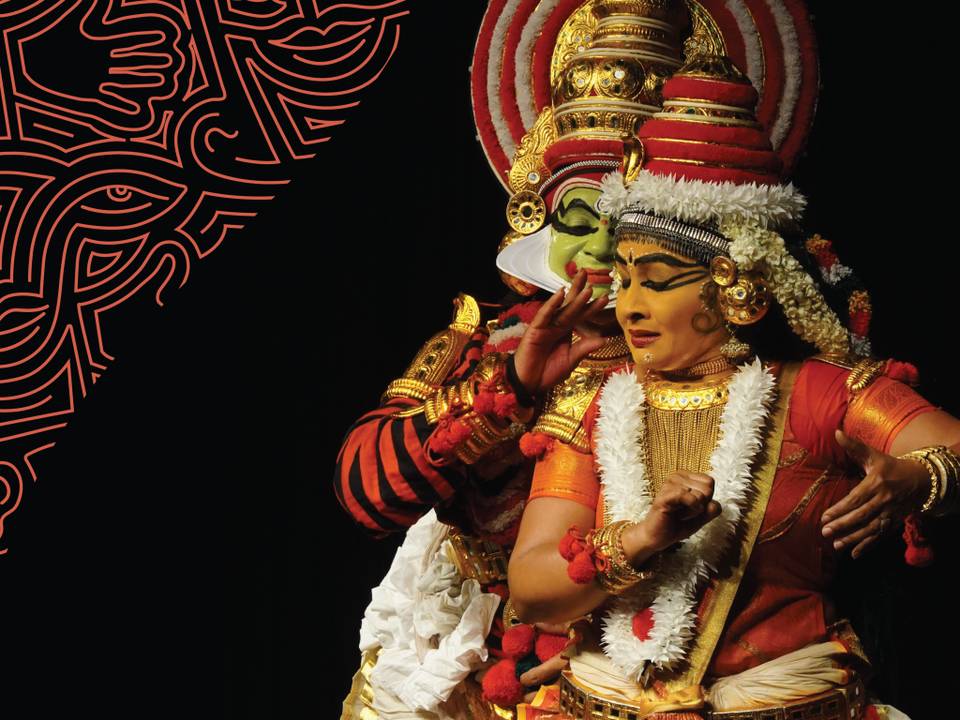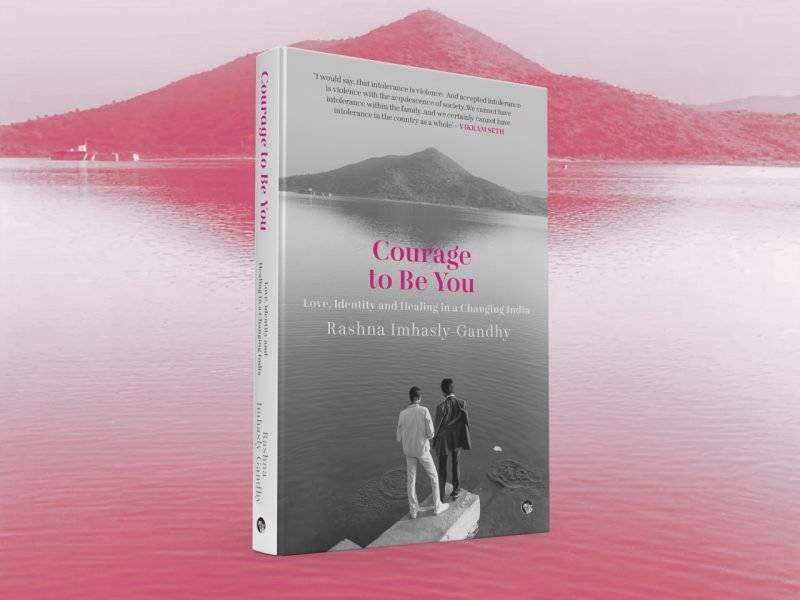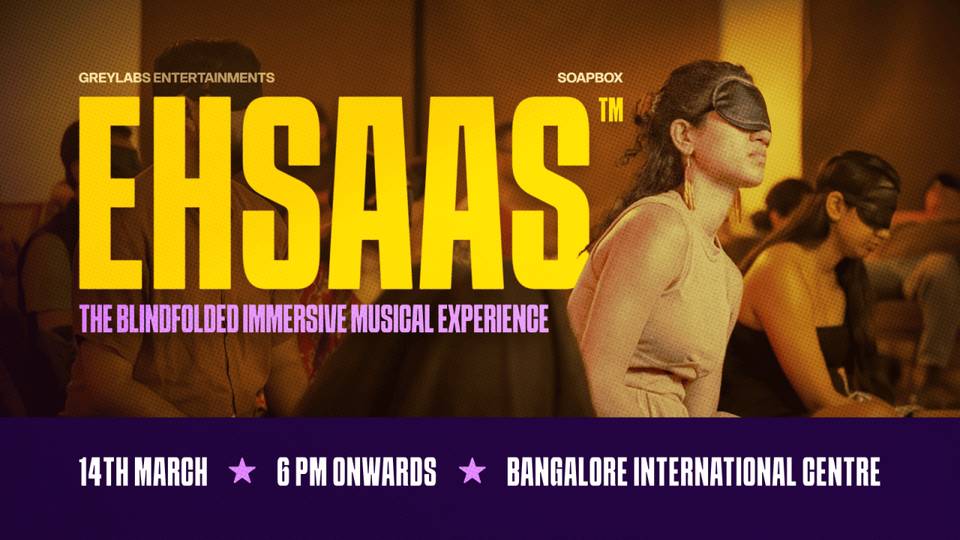Open Source, Open Knowledge - Infrastructures of the Commons
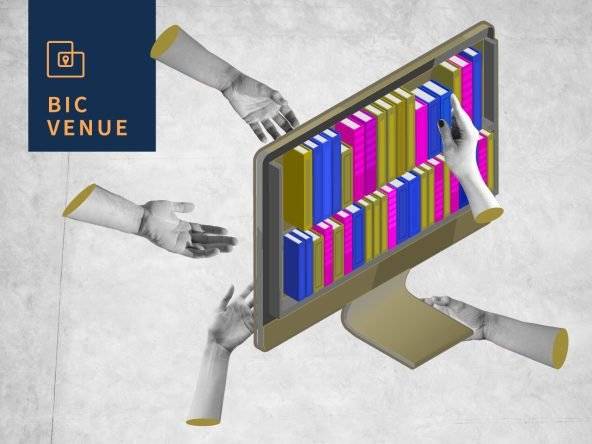
Details
Jun 15 2024 to Jun 15 2024 10 a.m.
EVENT HAS ENDED
Where
Bangalore International Centre
7 4th Main Rd, Stage 2, Domlur 560071
Event Description
This event is a 3-hour seminar on intellectual property in India, hosted by Professor Lawrence Liang and Carl Malamud of the Servants of Knowledge Initiative. This seminar is aimed at people who spend time on Access to Knowledge, Free and Open Software, and other civic technologies. Open source software, and Creative Commons licensing emerged as an important challenge to the dominant narrative of copyright law. The framework of open knowledge has played a pivotal role in democratizing information, fostering collaboration, and empowering creators and users alike. However, in the last two decades, we have also witnessed their limitations, especially when it comes to addressing the question of infrastructure. Physical libraries are a good example of how the limitations of physical goods and severely constrained infrastructures still serve as a impediment to access to knowledge. In the domain of library infrastructure, one particularly noteworthy innovation is the digitization of books, a process that transforms physical texts into accessible digital assets. Book scanning, as a cornerstone of digital library infrastructure, offers a compelling case study in navigating the intricate landscape of copyright exceptions and controlled lending. At its core, book scanning epitomizes the transformative power of technology in democratizing access to knowledge. By digitizing print collections, libraries can transcend physical constraints, reaching those who traditionally do not have access and ensuring the preservation of knowledge for future generations. However, the process of digitization raises complex legal considerations, particularly in relation to copyright law. In many jurisdictions, copyright exceptions and limitations provide a legal framework for libraries to digitize and make available certain works without seeking explicit permission from rights holders. These exceptions often encompass activities such as preservation, research, and access for individuals with print disabilities. However, the scope and applicability of these exceptions vary widely across jurisdictions, posing challenges for libraries seeking to navigate a patchwork of legal regimes. In this workshop, we focus on copyright law in India and contend that the design of exceptions and limitations in India are particularly facilitative of access. Using case studies such as the Delhi University photocopy case, the Sci-Hub case and the Hatchette case on Controlled digital lending, we will probe questions of how copyright in India can be used to facilitate the creation of infrastructures of knowledge. Using our experience at servants of knowledge, of scanning large libraries, we propose a framework that brings together open source activists, book collectors, librarians, students, researchers and authors under a common platform “Public library of India”, designed to imagine digital infrastructure for 21st century India.
